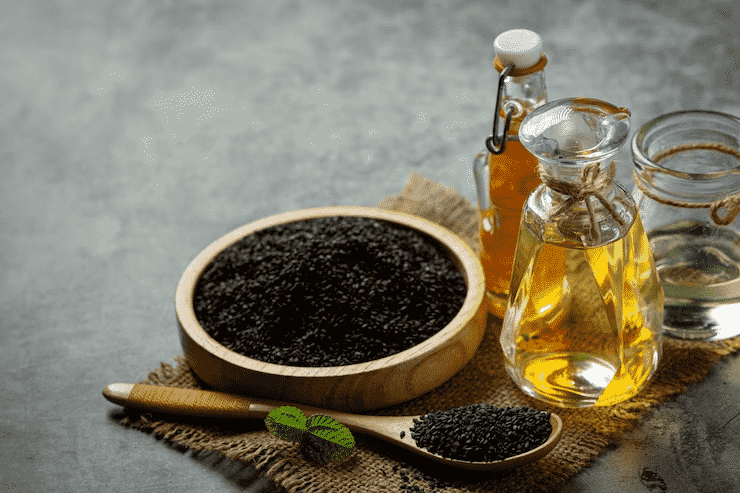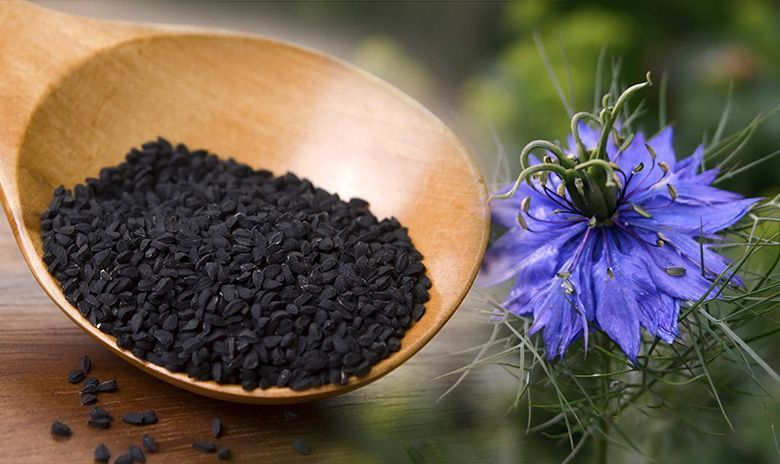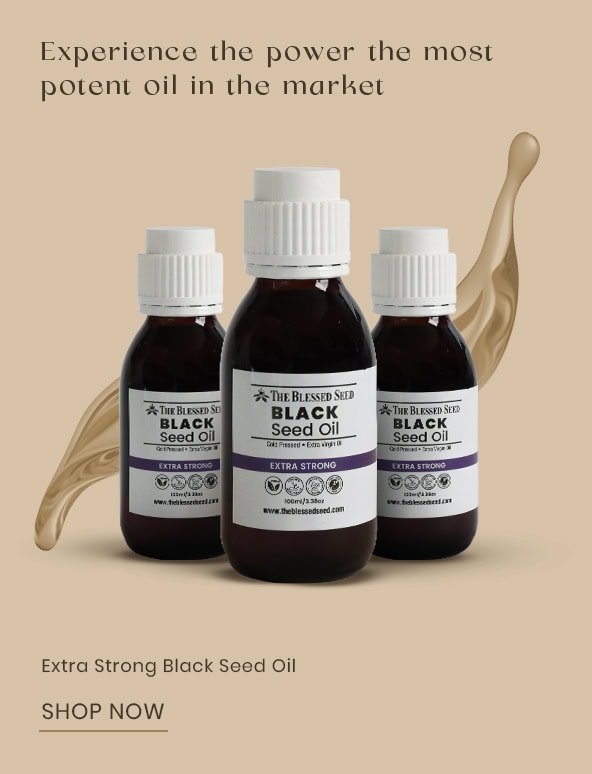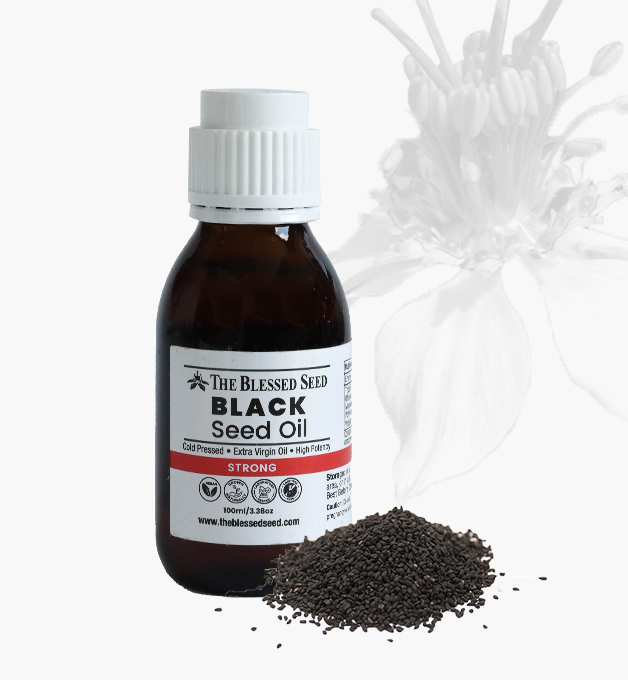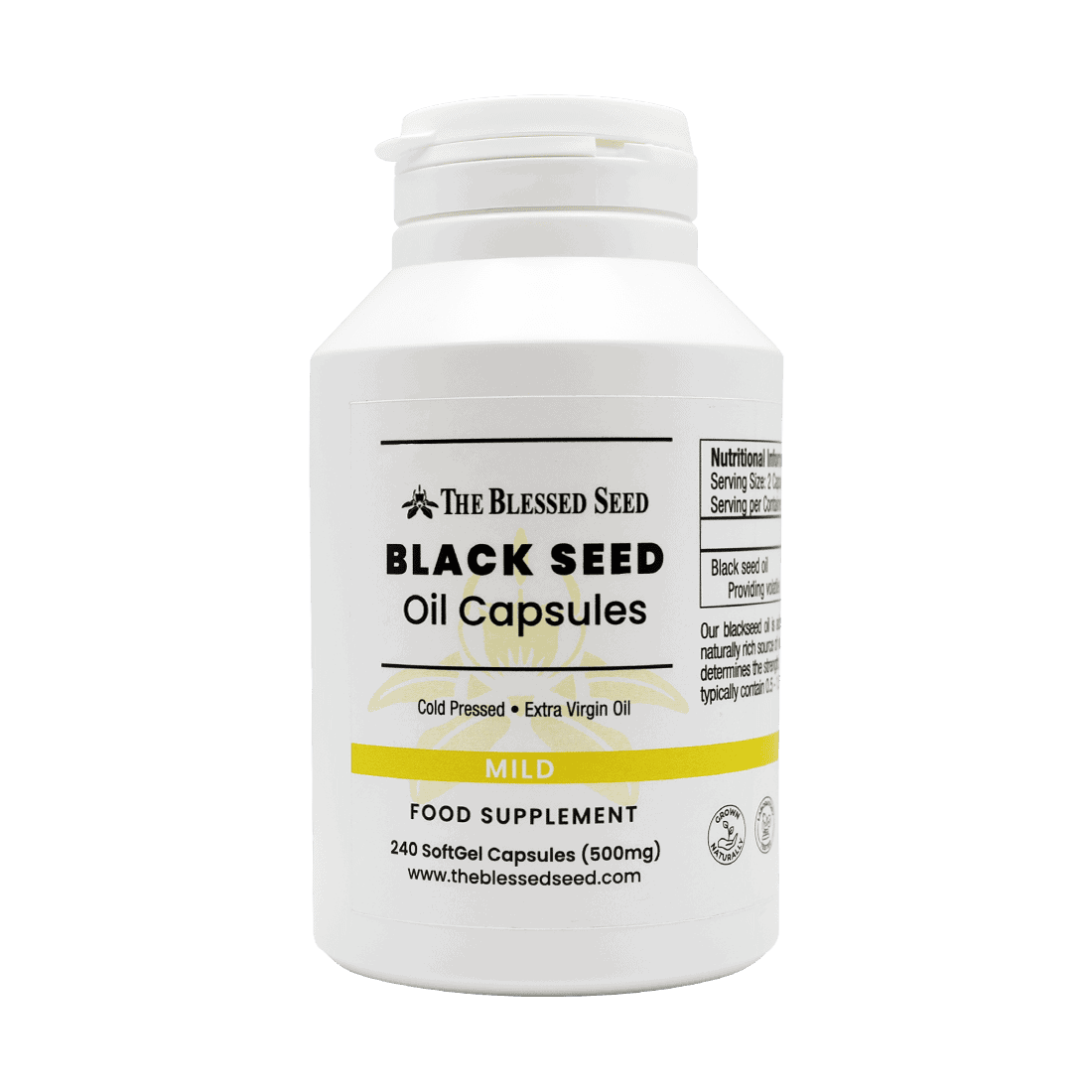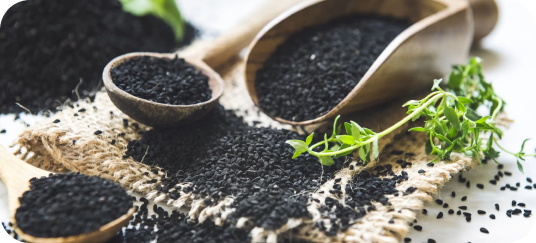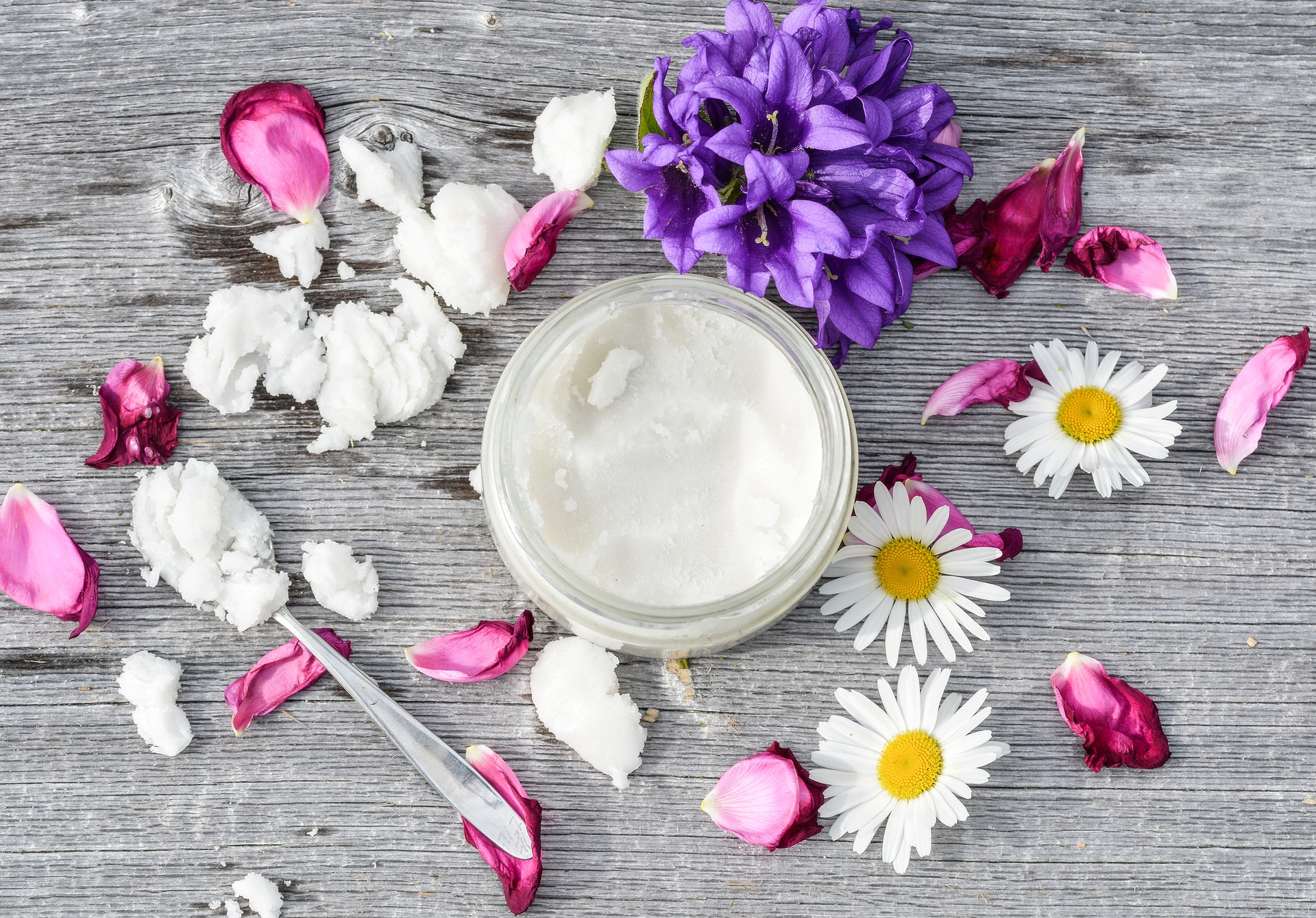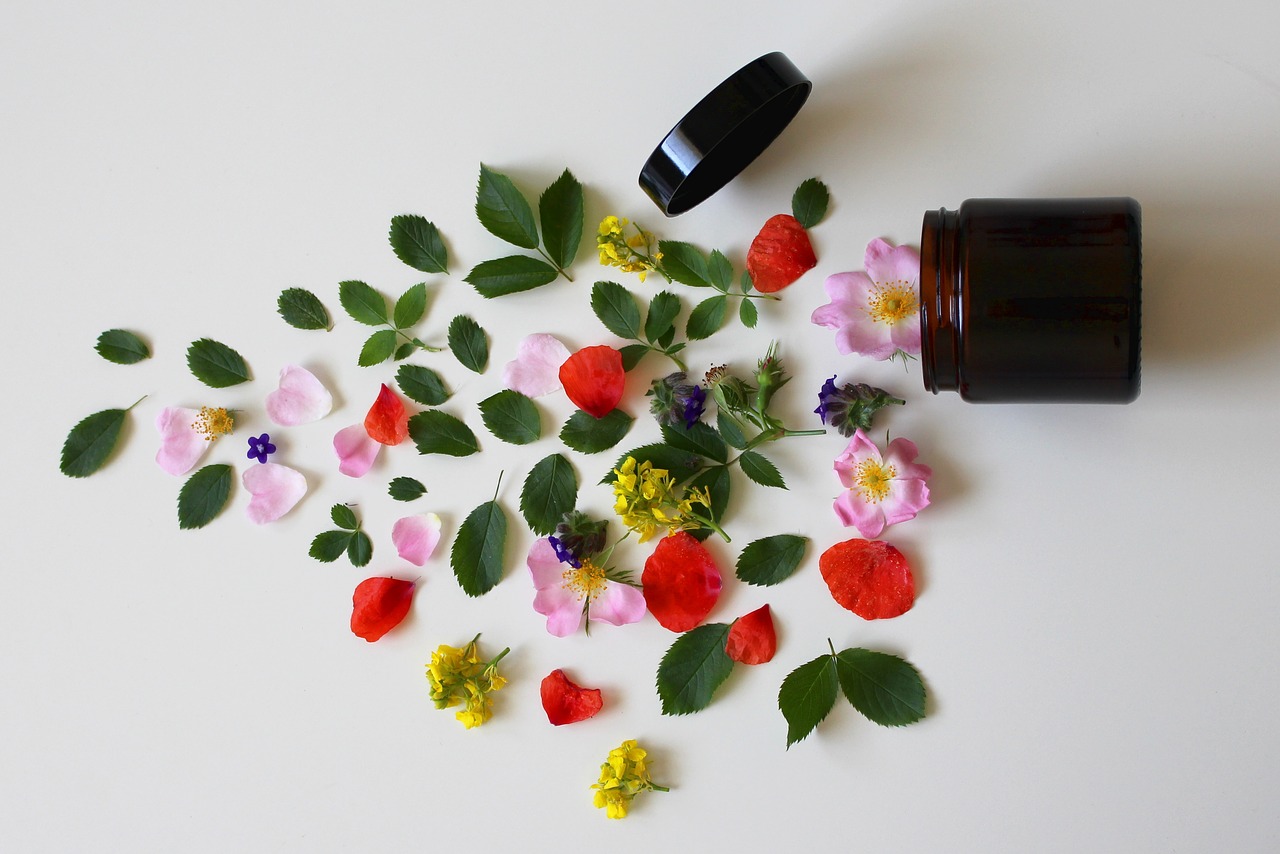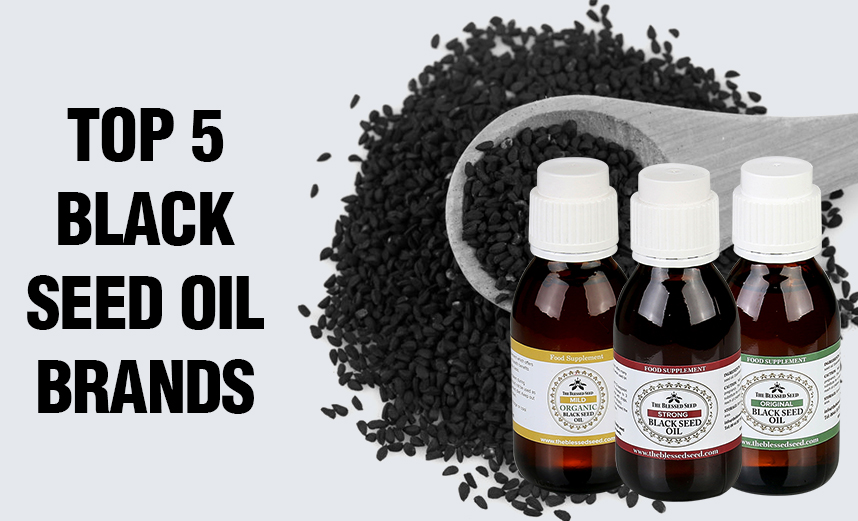It is not often that modern medicine and traditional remedies agree on something. There is always some debate on how effective or safe something is. But when they happen to be on the same page, it’s usually something that warrants attention. One particularly long-established herbal preparation is black cumin seed oil.
History provides a seemingly endless list of afflictions that it can help cure. Today, the therapeutic benefits of black seed oil hold up. From tiredness and poor digestion to severe, life-threatening ailments, you name it. Given this, it is worth delving into the storied history of black cumin as a medicinal and pharmacological marvel.
The Historical Background and Uses of Nigella sativa
Black cumin, or Nigella sativa, is a herbaceous planet native to Asia and parts of Europe. For the past 3000 years or so, its seeds have been a rich source of essential oils and nutrients.
As a spice, black cumin has been a go-to choice for many in history. Different cultures found that its pungent yet peppery taste makes for an excellent seasoning. With time, the healing properties of black cumin seeds also became apparent, making it a valuable herb.
Black cumin seeds were among the items found in Tutankhamen’s tomb, who died around 1327 BC. Evidence suggests that ancient Egyptians used black seed oil for curing digestive troubles and skin inflammation. That is where the nickname of ‘Pharaoh’s oil’ comes from.
Ancient Greeks found that black seeds, or ‘Melanthion’, as they called it, had the ability to fight cold and flu symptoms.
In Arabic texts, N. sativa is referred to as ‘Habbah Sawda’, which translates to the ‘Blessed Seed’. This likely has to do with the fact that Hadith describes it as the remedy for all except death. It is also an integral part of deep-rooted yet still current cultural practices like Ayurvedic medicine.
Such records and testimonies from the past, along with modern science, offer a glimpse into the healing capabilities of black cumin.
Black Cumin Oil in Modern Medicine
Black cumin seed oil is obtained by cold-pressing Nigella seeds. The resulting extract retains the plant’s pungent taste and healing abilities.
Research shows that a unique chemical compound known as ‘thymoquinone’, which is an antioxidant with healing, soothing, and antimicrobial capabilities. It also has a distinct aroma, which contributes to the oil’s peppery taste.
The nutritional value of black cumin oil has allowed its popularity to survive the dark ages of humanity all the way to the present. Aside from being highly effective, it is certainly a versatile remedy, as we can still see.
In Native Culture
Black seed oil is a natural stimulant, used to remedy tiredness, dizziness, and fatigue. Its ability to fight flu and cold symptoms also doubles as a boost in energy and alertness. In Persian and Middle Eastern cultures, it is still used as an analgesic, dating back to the days of Ibn Sina and ‘The Canon of Medicine’.
Moving further East, it is used in Indian and south-east Asian medicine as a nasal and gastrointestinal aid, as well as to treat headaches, rheumatism, sinusitis, and abscesses.
In African markets, such as Morocco, black cumin is a highly sought-after remedy. There, its traditional uses range from alleviating cold symptoms in children (similar to the ancient Greeks) to treating diabetes.
Contemporary Uses
The unique composition of black seed oil makes it valuable for more than just the traditional therapies. Research definitively shows how it acts against cancer, diabetes, nephrotoxicity, hepatitis C, epilepsy, and other serious ailments.
Tests show that black cumin capsules help combat asthma and control blood sugar levels in type 3 diabetes. Meanwhile, the cold-pressed oil is an excellent therapeutic agent for managing skin irritation, rashes, infections, and acne.
As a Lifestyle Aid
Keeping yourself in peak fitness and form is the ultimate goal of every individual. This is why introducing a little black seed oil into your diet and wellness routine has been known to work wonders for your overall health.
As an anti-inflammatory and analgesic agent, it relieves digestive discomfort and several types of pain. Plus, its antioxidant capabilities keep you and your body’s natural defences energized.
Nigella sativa also interacts with your hormones and targets pathways that lead to depression, anxiety, and fatigue. So, a little black cumin oil mixed with some honey or yoghurt, or in your smoothies or salad, fights more than just an upset stomach.
Fighting Cancer
As a cancer treatment, black seed oil gained attention in the 1980s. At the molecular level, the exact anti-cancer pathway is something of a mystery. We do know, however, that thymoquinone is a natural antioxidant.
This strengthens the body’s natural immune response, including the destruction and inactivation of cancer cells. Further studies have shown the effectiveness of black cumin oil against breast, liver, colon, pancreatic, skin, lung, renal, prostate, and cervical cancer.
Safety Concerns
It’s no secret that medical experts can be hesitant when prescribing herbal remedies. At the same time, folk physicians and healers are often sceptical of modern drugs, viewing them to be impure and overly processed.
When it comes to black seed oil, however, there is no doubt about its efficacy. As for tolerance, researchers agree that, with the right dose, there are effectively no downsides to consuming organic Nigella sativa oil.
Unlike many other forms of alternative and herb-based medicine, black seed oil shows little to no side effects. Even with a weak stomach or other underlying conditions, you can enjoy its health benefits by taking smaller doses and switching to mild preparations.
A Tried and Tested Remedy for All
In ancient times, doctors and health practitioners didn’t know as much about viruses and the intricacies of human physiology. Nonetheless, when treating headaches, fatigue, fevers, or stomach troubles, it seems that black cumin seed oil was the clear pick.
Today, we understand the capabilities of the active ingredients in black seed oil. It doesn’t matter if you are fighting fatigue and sleeplessness or curing deeper physiological difficulties. As herbal remedies go, it truly is a seed of blessing, capable of sorting out nearly all that ails us.
